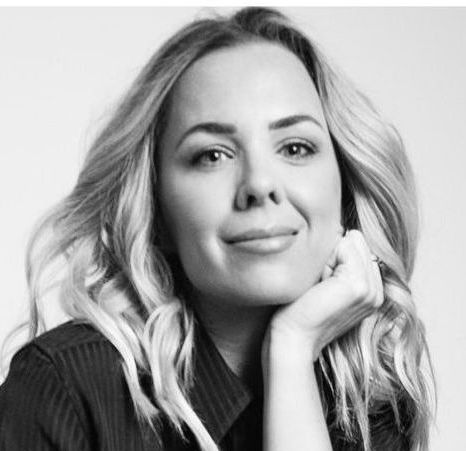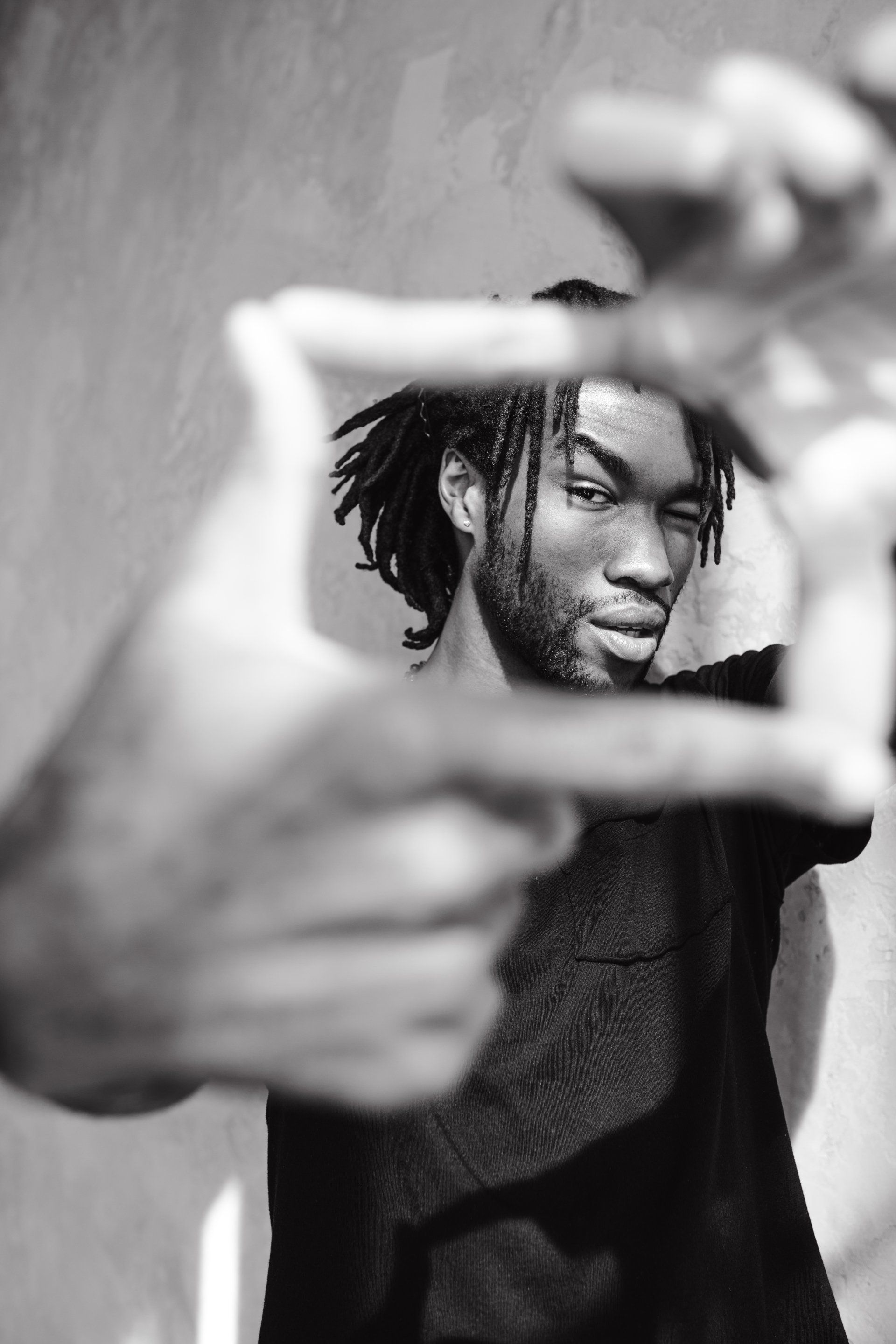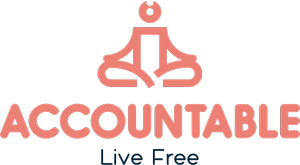Can I Maintain Old Friendships After Getting Sober?
What about all of my old friends now that I'm sober?
I remember first getting sober and one of the most overwhelming thoughts that I had was “this is going to change everything.” At the time, being 24 years old, what this really meant to me was “this is going to change all of my friendships and I am going to be alone now.”
Getting sober at 24 is not how I drew it up in the sand.
I always pictured being able to have fun and be with my friends. For me, fun equated to going out, drinking and having a good time. If I was honest though, when alcohol was involved, nothing was really that fun; at least for me that is. So, being that I was very raw, trying to figure things out, and had the “built-in forgetter,” I really was dismayed at what my future might look like. By the way – the “built-in forgetter” is the odd phenomenon of only remembering good times of drinking and using. Now, back to our story here…
I kept hearing that I needed to be mindful of people, places and things.
What I digested from that was “stay away from everything, everyone and do nothing!” In reality, I knew that wasn’t true but that was really what it felt like.
When it came to my friends, I knew that I didn’t want to change them, nor could I. It was not up to me to make decisions for them regarding how they went out and also none of them had a negative relationship to alcohol or any other substance. In a
past post, I talked about how it was really important to me that no one changed who they were or what they did on my account.
I already felt “othered” due to my sobriety and I didn’t want to exacerbate that. So, the big question remained…what happens to all of my old friends? My old relationships?
When I look back now, making the decision to set a boundary for myself was the best thing I did.
Interestingly enough, I don’t think that I made a conscious choice of “I need to stabilize myself before going back to hanging out with my friends.” To be honest, I don’t think I had enough insight to do that. What really happened was that I was afraid to hang out with them – there was just the overwhelming anxiety of being around alcohol. There was also the fear of reaching out to them – will they want to hang out with me? I had been gone for so long at that point due to my active use that I was worried that I had missed so much and therefore wouldn’t be able to be a part of the conversation.
Fast forward to now. This past weekend I spent time with three of my oldest childhood friends. I got to spend time with my one buddy, his wonderful wife and their beautiful daughter. We played golf, had a great lunch and it was like we hadn’t missed a beat.
Now a lot of work went into being able to have that opportunity; mainly staying sober and putting to action
a program of recovery. Another crucial thing was beginning the process of reaching back out to my friends when I felt comfortable; it was incumbent on me to make that first move. For me, it was a slow process. I did things one by one, reaching out individually and then doing so in groups. My friends are very intelligent people but even they can’t read minds – they needed to know that I was doing well and the only way for that to happen was to engage with them.
When I get the question of what to do about old friends, I think the best answer I can give, based on my own experience, is to be patient.
There is nothing that says you have to extricate everyone from your life. The most important thing is to stay sober, build a foundation of recovery and make sure that you are doing what is right for you. Whatever that may look like, it is important to keep the framework of sustaining your health and your recovery. Yes, I took time away from friends. It was difficult and it was odd. At the same time, if it wasn’t for those boundaries, I don’t think that I would have gotten to a place where I could re-engage those relationships again. In short, what happens to my old friends is that they stay in my life as long as I continue to prioritize my recovery, practice patience with myself and keep putting one foot in front of the other.




hello@youareaccountable.com
(646) 450-7641